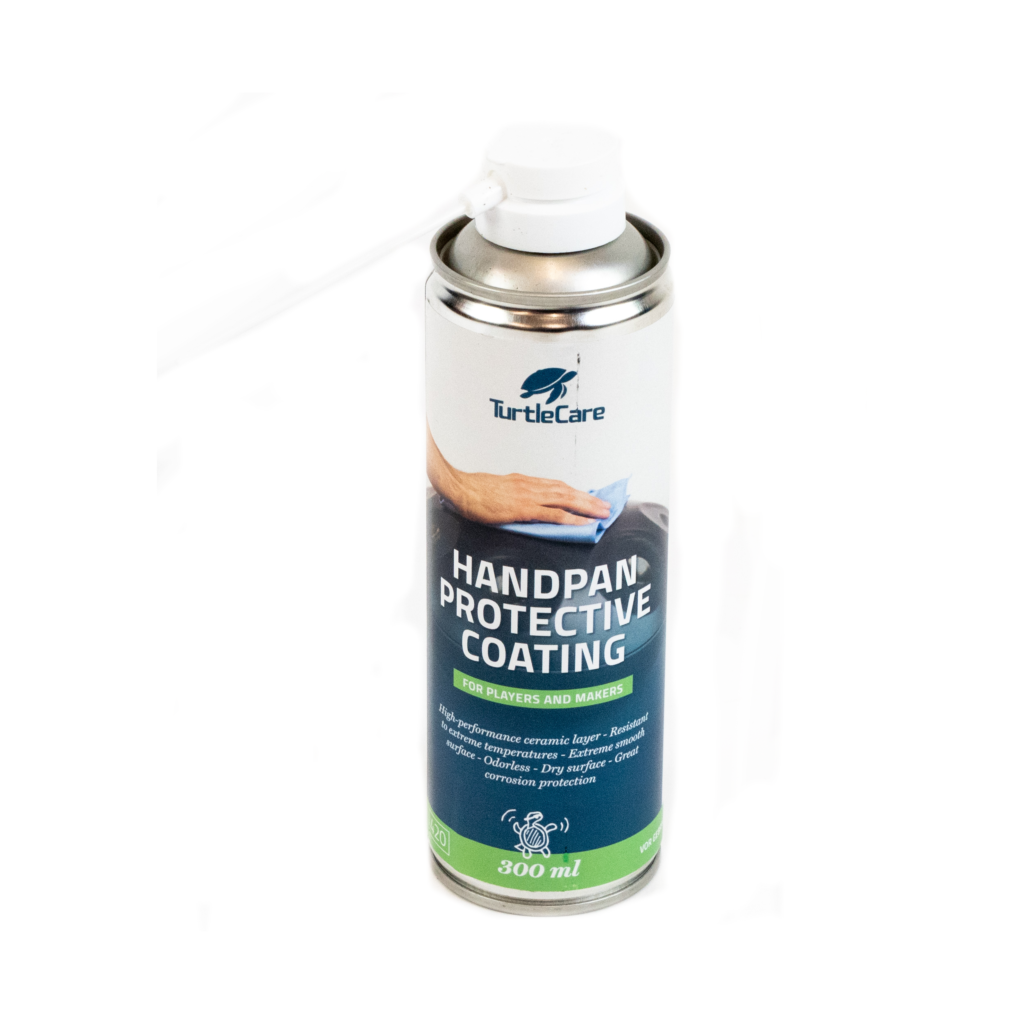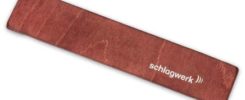How to Properly Care for Your Opsilon Handpan
An Opsilon handpan is a delicate instrument and requires proper care. You may have wondered, “How do I care for my handpan?” Here’s how to do it right with HandpanCare.
Traveling with Your Handpan When you’re traveling with your handpan, always store it in a dry case. Never keep the instrument in a damp container. If it gets wet from rain, clean both the instrument and the case thoroughly and let them dry before playing again. The same goes for your case; let it dry before the next use. If it’s raining outside, wait until it stops. There will be another good opportunity, so don’t panic! When traveling, only take your handpan out of the case when you’re back in your tent, hotel, castle, etc.
Cleaning Your Opsilon Handpan Clean your Opsilon handpan after each playing session. Use a microfiber cloth to remove any residues of oil, dirt, and acids from your fingers and palms. We recommend using the microfiber cloth from HandpanCare, which is washable. It’s recommended to do this immediate cleaning dry.
Avoid exposing your instrument to humid and salty environments for extended periods. This doesn’t mean you can’t take it to the beach. Traveling is part of the handpan experience, so optimal care is essential. Unfortunately, high humidity and salt are not ideal for metal. Thoroughly clean your instrument after a session by the sea, and don’t leave the hard case open to prevent moisture from building up inside. Put your instrument directly in the case after playing.
If you find yourself in areas with high humidity, consider purchasing a dehumidifier. There are good products on the market specifically designed for handpans and handpan cases.

Care Instructions
- Clean your Opsilon handpan after each session using the microfiber cloth that comes with every purchase. The porous surface tends to absorb dirt and other organic materials, making the instrument more susceptible to rust and discoloration. The cloth can wipe away excess residues of oil/dirt that accumulate on the surface from playing with your fingers and palms.
- Use a surface care product like “TurtleCare” by HandpanCare (recommended!), oil, or anti-corrosion sprays. The “TurtleCare” solution is a special ceramic coating for handpans and contains no oil. It has the outstanding advantage of not negatively affecting the overtones, while oil tends to impact them over time. “TurtleCare” secures the sound of the handpan and provides optimal surface protection. Application (approximately every 4 weeks): Apply a few drops of “TurtleCare” (or oil) to your handpan. Spread it evenly with a paper towel (or something else that’s not too absorbent) over the entire surface until the handpan shines and no excess solution remains. If your handpan was previously treated with oil, it should be degreased before applying “TurtleCare.”
Protection from Environmental Factors
- Sunlight: Avoid exposing your handpan to direct sunlight for long periods. The heat can affect the instrument’s tension and, therefore, its tuning. If it has been exposed to the sun, let it cool down before playing.
- Humidity and Salt: Do not expose your instrument to humid and salty environments for extended periods. After a session at the sea or in humid areas, the handpan should be thoroughly cleaned and dried. Be careful with the case; it should only be opened briefly. If moisture gets inside the case, a dangerous microclimate can develop.
Cleaning and Care with HandpanCare’s TurtleCare
- After Playing: Clean your handpan after each session with a microfiber cloth. This removes excess residues of oil, dirt, and acids from your hands and palms.
- TurtleCare Ceramic Coating by HandpanCare: For added protection, we recommend the “TurtleCare” ceramic coating from HandpanCare. This special coating protects especially nitrided steel handpans and does not affect the overtones of the instrument. Apply a few drops and spread them evenly over the entire surface of your handpan.
Additional Tips
- Storage: We do not recommend long-term storage in a hard case. Even though the ceramic coating provides protection, it is not recommended to leave the instrument in the hard case as lack of air circulation can create a microclimate. We recommend floor stands or wall mounts as better options.
- Traveling: When traveling with your instrument, make sure it does not remain in the case for long periods, especially in humid climates. Ensure air circulation and check if the case has become moist inside.
- Summary: Important Care Points
- Protect the handpan from direct sunlight and heat.
- Clean the instrument after each use.
- Avoid humid and salty environments.
- Use the TurtleCare ceramic coating for added protection.
- Consider purchasing a dehumidifier for the hard case in humid areas. However, this is mainly intended for travel and not a permanent solution.
- Prefer floor stands or wall mounts for storage.
Information on Additional Care Products
- Oils and anti-corrosion sprays can protect your instrument. However, all oils affect the overtones. TurtleCare is not oil but a ceramic coating specifically designed for handpans.
- Apply a few drops of TurtleCare to your handpan and spread it over the surface with a dry paper towel. After a short time, a protective layer will form on your instrument, protecting it from dust, dirt, and corrosion.
By following these guidelines and using HandpanCare’s care products, you can ensure that your Opsilon handpan remains in the best condition.



